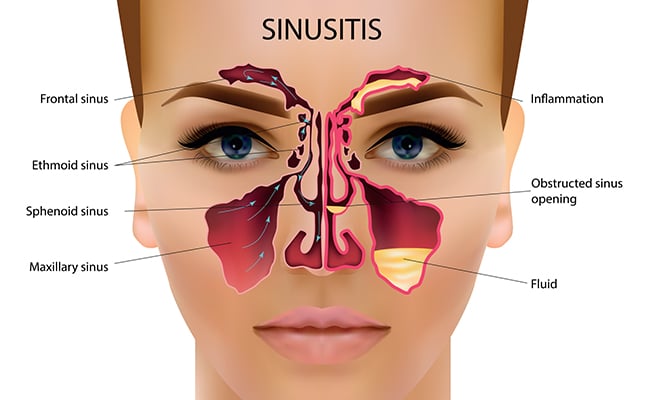Functional Medicine: Allergies & Sinusitis


By Dr. Cynthia Crosser
Here we are once again, at the change of seasons, when that pressure in our sinuses, headaches and congestion sets in, reducing our ability to enjoy the outdoors. And for many of us, this encompasses most of the year.
We must always start by evaluating the causes which can be viral, bacterial or fungal; airborne such as dust mites, cat dander or pollen; or chemical such as smoke, gas fumes or air pollution. All of these will activate the mucosal response in the sinuses causing sinus pressure and tissue injury. The goals are to find the problem, reduce airborne allergen exposure, chemical irritant exposure, and modulate the mucus formation. Reducing the mucus formation will reduce inflammation, decreasing the need for corticosteroids which would enhance our energy production by way of our powerhouses in the cell, the mitochondria which require oxygen. Furthermore, the longstanding effects of decreased oxygen from congestion from the lungs involves other systems causing mood disorders, microbiome dysfunction, muscular deterioration and neurodegeneration over time. Handling the mucus production and inflammation is vital!
Nutritional factors play a major role, especially starting in childhood. Deficiencies of key nutrients in childhood, when the immune system is developing, will make an individual prone to respiratory concerns into adulthood. For example, Vitamins A, D, E, Selenium, and Omega-3 Fatty Acids are critical. Sources of healthy fats to provide these nutrients are avocados, olive oil, oily fish, nuts and seeds and eggs. Fats and fibers that contain short chain fatty acids are critical for respiratory health whether it is for the sinuses or the lungs.
We can add antioxidants to our diets, such as Glutathione, to assist in maintaining healthy membranes by eating foods that are colorful and contain flavonoids or take supplements. The body can make antioxidants by way of a process called hormesis. Strenuous activities, intermittent fasting, saunas, and cold therapies will have the same effect. These will also reduce the mucus production and help to detoxify the environmental pollutants.

The key always is to identify the triggers, thin the mucus, and modulate the mucus production. Mucus thinning foods include apple cider vinegar, ginger, garlic, onions, hot spices, citrus foods and water. Mucus producing foods include high salt foods, dairy products/cheeses, high sugar foods, fast food, processed foods, and bread. In addition, we can use mucolytic compounds such as eucalyptus, hydrogen water, NAC with nasal irrigation, nasal sprays and reduce the mucus production with Vitamins A, D, and Butyrate, a short chain fatty acid. HEPA air filters are also beneficial.
Traditionally, antibiotics and corticosteroids are used repeatedly. In this cycle, the nasal mucosa is disrupted, and the pulmonary microbiome is harmed causing devastation to the immune system. Over the long term, side effects such as diabetes, severe bone loss, anxiety, depression become the outcome as physiological pathways are ultimately impacted. With addressing dietary, lifestyle and environmental aspects, so much can be done to relieve symptoms quickly while we address the triggers and support the immune system. It makes so much sense! For more information contact Dr. Cynthia Crosser at 302-994-1010 or www.crossernaturalhealth.com
Wellness within reach!
Pike Creek 302-994-1010
5700 Kirkwood Hwy., Suite 101, Wilmington, DE 19808
www.facebook.com/crossernaturalhealth
www.instagram.com/crossernaturalhealth
Chiropractic, Acupuncture, Weight loss, Neurofeedback, Nutritional Counseling

